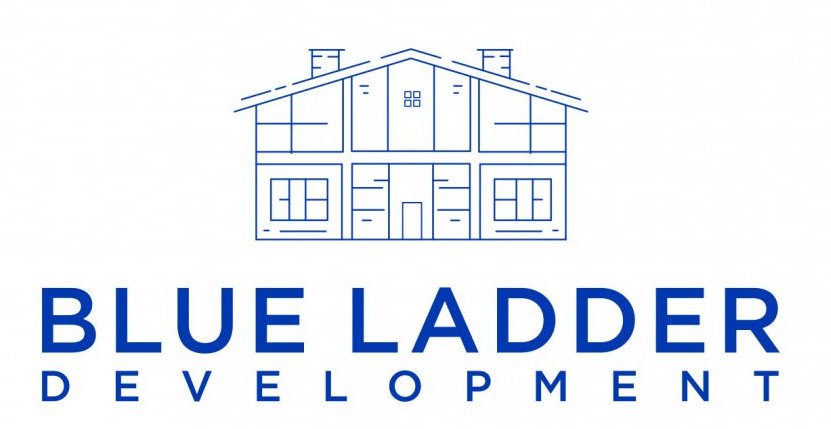Local IL homeowners who are facing a financial challenge may find themselves in foreclosure.
Fortunately, the federal government has stepped in and passed the CARES act which provides temporary relief to homeowners struggling to make their monthly payment.
There has also been local legislation signed by the IL government that has halted all foreclosures from progressing at the moment. Hopefully, these relief measures will assist you in getting through your financial hardship over the next coming months.
However, you’ll want to mindful that the current assistance available is likely only temporary and you will be expected to make any payments missed at a later date. Now is the time to sit down and consider what the future of your finances will look like so you can proactively prepare any future hardship when the economy returns to more normal operations.
If you find yourself unlikely to be able to make payments in the near future when the moratorium is eventually lifted you might want to consider what options you can pursue to avoid Foreclosure.
Foreclosure prevention measures in Chicago IL
These foreclosure prevention measures might not all work in your situation but we’re telling you about them so you can make the decision for yourself:
1. Pay off your mortgage / sell your property. The quickest and easiest way to end the foreclosure process is to pay off your mortgage. After all, this is all the banks wanted in the first place so they would be happy to let you stay in your home and they get their money back. Admittedly, this is not always possible, which is perhaps the reason that you’re in foreclosure in the first place.
2. Work out a deal with your bank. Sometimes you can work out a deal with your bank where you sit down with a mortgage or foreclosure specialist and talk to them about changing the structure of your mortgage. Perhaps your payments get spread out so they are lower each month, for example. Just make sure that the deal works for you — you don’t want to just repeat the process.
3. Do a short sale. A short sale is when you sell the property and use the proceeds of the sale to pay down or pay off your outstanding amount with the bank. This keeps a foreclosure from impacting your credit score and it gets the bank off your back!
4. Give your deed in lieu. Another option would be a deed-in-lieu-of-foreclosure, which basically means that you will hand over the deed to your house to the bank and they agree not to put you through foreclosure. This will often only work if your house is worth approximately the amount owing on the mortgage. If not, the bank may pursue the difference.
5. File for bankruptcy. In some ways, a bankruptcy is far more dramatic than a foreclosure because it impacts your whole life. However, once you file for bankruptcy, the foreclosure process has to stop so it’s still a foreclosure prevention measure.
If you’re not sure which one to do, consider this: If you can afford payments and you want to stay in the house then a foreclosure workout arrangement (#2) is probably your best option.
If you want to put everything behind you and move on with your life then consider selling your home and paying off your mortgage with that money.
